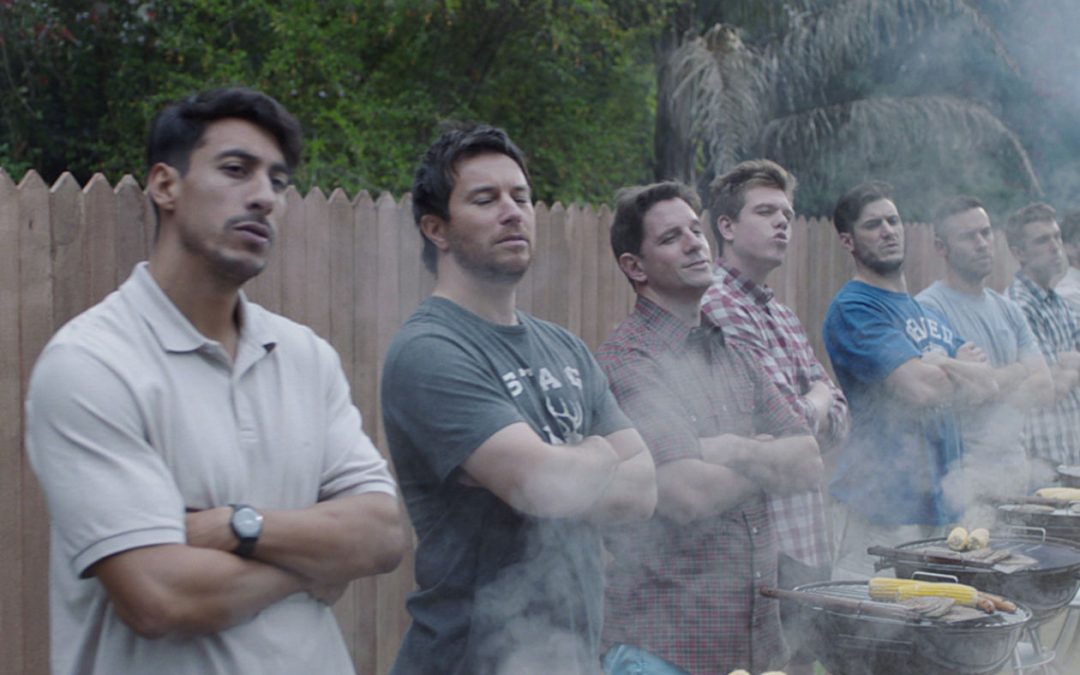According to the Wall Street Journal:
The latest ad, created by Gillette’s ad agency Grey, is among the first to address the #MeToo movement head on, and to blatantly tell men to change their behavior. “This is an important conversation happening, and as a company that encourages men to be their best, we feel compelled to both address it and take action of our own,” said Pankaj Bhalla, Gillette brand director for North America in an emailed statement. “We are taking a realistic look at what’s happening today, and aiming to inspire change by acknowledging that the old saying ‘Boys Will Be Boys’ is not an excuse. We want to hold ourselves to a higher standard, and hope all the men we serve will come along on that journey to find our ‘best’ together.”
Seems to be a reasonable request for men to step up. Seems to indicate motherly hugs and legislation aren’t enough. Seems to show varied examples of inappropriate scenarios. My beef, as always, is with the presumption that toxicmasculinity is one word–thus any meaningful conversation must stress how masculinity as a default is a gift to the world, and toxic can be added to anything. That said, it complicates the message of the gender cheerleaders by showing that men’s behaviours/responsibilities differ from women’s behaviours/responsibilities, when many seem to see the whole thing as a construct that can be deconstructed and rewritten at will. “Men and women are essentially the same, and yet men are bad” drowns in illogic.
Second point is that, while this clearly makes men responsible for their actions, we as women have to discuss our contribution to the problem, especially when it comes to teasing, flirting, leading men on, dressing inappropriately, tearing men down, speaking vulgarities, etc. We have our own job to do in raising the bar. This doesn’t blame women for being victims, but only for our part in creating a depraved culture.
One thing I do like is the communal message, which is key when so many boys are not living with their biological fathers. It appears that the ad calls men to step in wherever they see abuse, allowing for a spiritual fatherhood to be the paradigm. (Women can also try harder to make sure their own children have a healthy fatherly influence, and when necessary encouraging in loco fathers to reach out to the fatherless.)
Overall, the ad seems to have a positive message! Let’s see the response when it airs.

Recent Comments